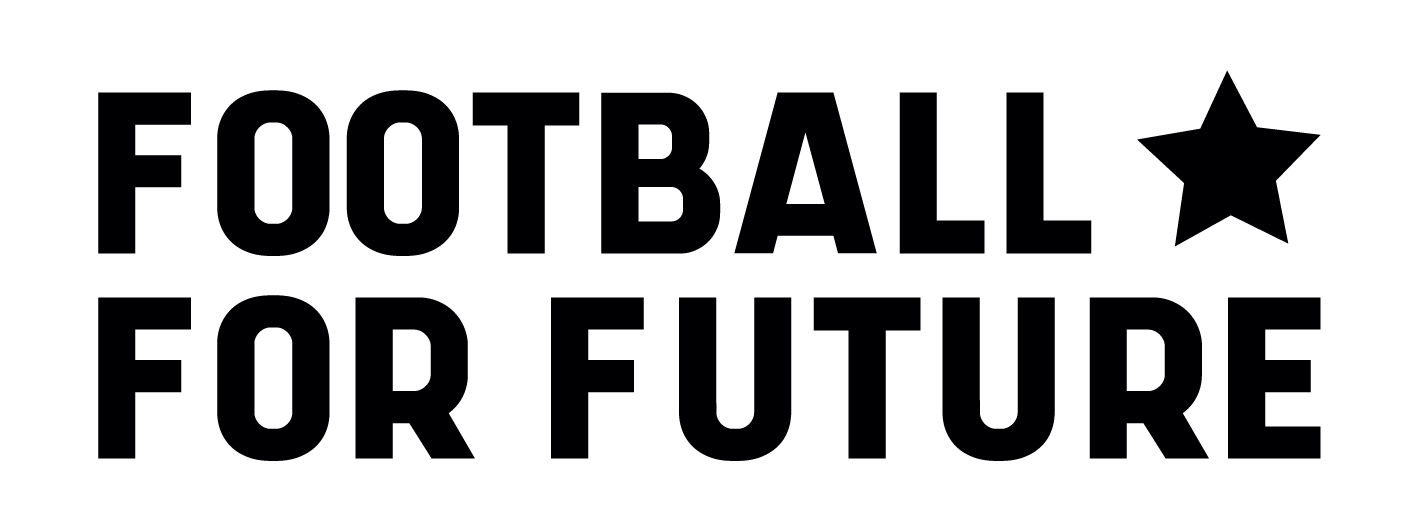Supporting Lewes FC Commitment to Foregrounding Environmental Sustainability
Lewes FC have committed to foregrounding environmental sustainability as the trailblazers celebrated a very special Green Football Weekend. The fan-owned club from East Sussex became the first to fully equalise playing budgets and resources for their men’s and women’s teams in 2017. And alongside tackling gambling promotion in football, the Rooks are accelerating their efforts to ensure the future for both of their teams.
Supported by Football For Future, Lewes completed an environmental review for the 2021/22 season, including a carbon footprint and a report on their already-existing green practices.
Lewes CEO Maggie Murphy said: “Our sustainability efforts often fly under the radar because we know that as a club we could be doing so much more.
“Lewes FC has always been about bravery and proactively responding to the findings of our carbon footprint is one of the biggest and bravest steps towards ensuring the club is at the forefront of sustainability in football.”
The club, whose women’s and men’s teams sit in the second and seventh tier of English football respectively, posted a raft of sustainability initiatives already in place on the eve of the Green Football Weekend. These include a set of around 170 solar panels on the Dripping Pan’s South Stand which generates approximately 36,000 kWh of electricity every year.
The Rooks are also proud to dedicate a corner of their stadium to a community garden, set up in the summer of 2021 by men’s midfielder Bradley Pritchard.
Colloquially known as ‘Brad’s Pit’, the L-shaped plot is manned by volunteers and players to grow crops for the local community and features a revolving composter and water butt to reduce waste. Some of the produce is even used to supplement the food on offer at the Dripping Pan, which has an extensive vegan menu on matchdays.
Lewes’ Welsh professional Rhian Cleverly said: “As athletes, there are a lot of question marks over what type of diet is good for you, and eating plant-based certainly is.
“If we all just make small changes, it will make a massive difference. If we don’t soon, there won’t be much football at this level.”
Around half of the regular gameday grub is vegan, while for one fixture every Veganuary and Green Footbally Weekend the menu is fully-vegan, attracting locals who want to sample specially-invited award-winning restaurants, like Brighton’s Beelzebab.
Second-hand merchandise is resold to supporters, and the club organises clothes swaps to promote sustainable fashion too.
But crucially, the board acknowledges that more can be done to put environmental sustainability high on the agenda moving forward.
Lewes FC Director Joe Short said: “One of the most important things for the board is to set out a concrete sustainability plan. We’ve already got the solar panels, the community garden, and are upcycling resources instead of sending them to scrap.
“But we want to do more. It’s about constantly having that sustainability mindset and creating a robust green strategy.”
Football For Future Co-Director, Barney Weston, said: “FFF are incredibly proud to support Lewes FC in their efforts to become more sustainable. It is rare to see clubs at their level commit to such an extent, including participating in a review of their carbon footprint and environmental practices. We hope Lewes will learn a lot from the findings of the report and continue to strive towards a more sustainable way of operating.”



